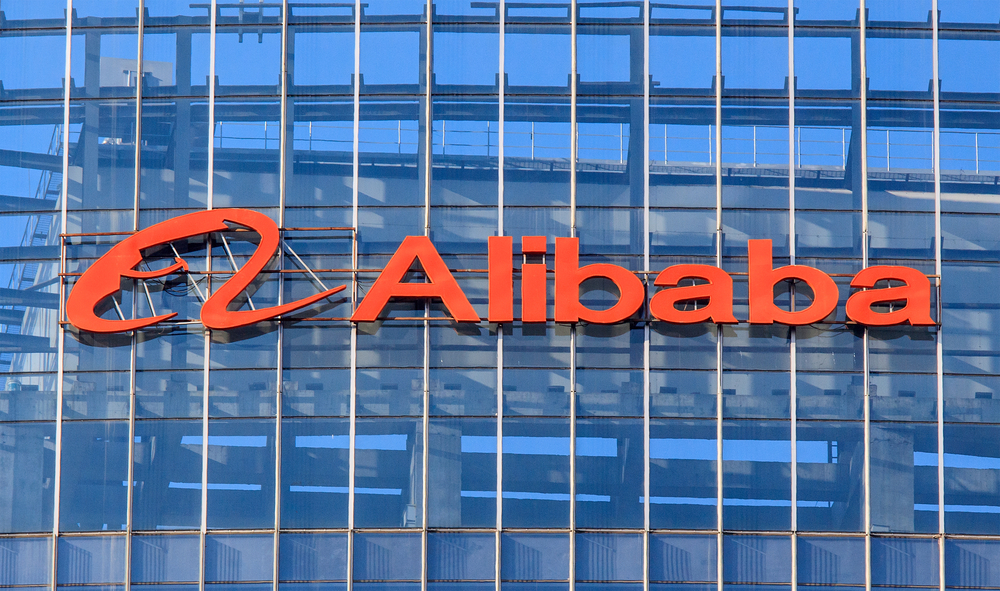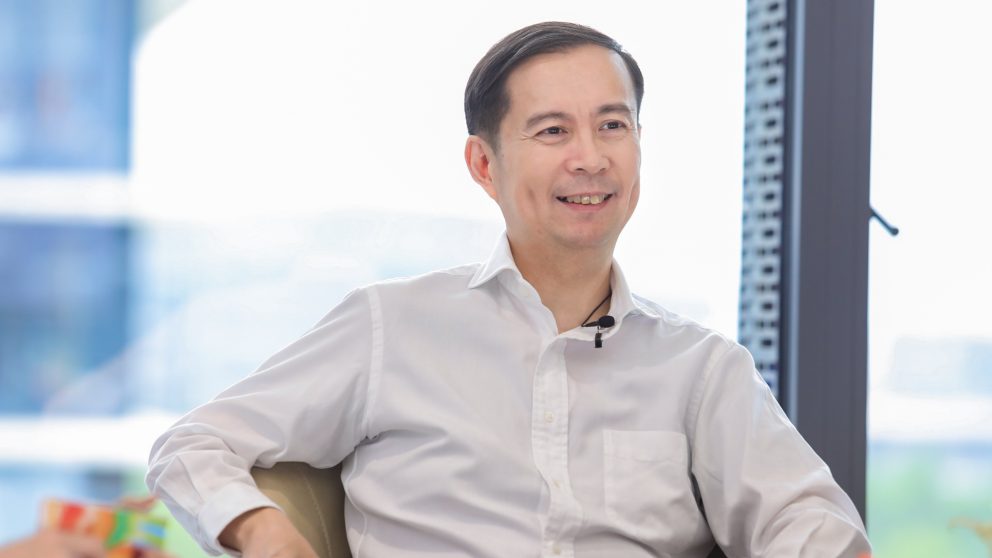
Alibaba Group said on Tuesday it will reorganize into six business groups and other investments, a move designed to unlock shareholder value and foster market competitiveness.
Daniel Zhang will continue to serve as Chairman and CEO of Alibaba Group, which will follow a holding company management model, while each of the six business groups will be managed by its own CEO and board of directors.
The move marks the most significant governance overhaul in the platform company’s 24-year history and positions Alibaba’s businesses to capture market opportunities and further stimulate growth.
“The market is the best litmus test, and each business group and company can pursue independent fundraising and IPOs when they are ready,” said Zhang in an email to Alibaba employees.

Alibaba’s US-listed shares soared over 14% on Tuesday to $98.40 each as market analysts weighed the implications of a leaner, more agile group and the possibilities of stock market listings.
“Setting up individual BGs [business groups] will enable quicker market response amid intensifying competition,” said analysts including John Choi at brokerage Daiwa in a note to investors.
The six business clusters will be:
- Cloud Intelligence Group
- Taobao Tmall Commerce Group
- Local Services Group
- Cainiao Smart Logistics
- Global Digital Commerce Group
- Digital Media and Entertainment Group
Each CEO will report to a board of directors and assume full responsibility for company performance. Zhang will also serve as the CEO of the Cloud Intelligence Group, as previously announced. This group will house all cloud, artificial intelligence activities, and businesses like DingTalk.
Taobao Tmall Commerce Group with be led by Alibaba veteran Trudy Dai and will include China commerce activities such as digital marketplaces Taobao and Tmall, value-for-money platform Taobao Deals, community marketplace business Taocaicai, wholesale marketplace 1688.com and other businesses.
The Local Services Group will have Yu Yongfu as CEO and encompass navigation platform Amap, delivery service Ele.me and other businesses. Wan Lin will continue as CEO of Cainiao Smart Logistics.
The Global Digital Commerce Group, will be headed by Jiang Fan as CEO and span international commerce businesses Lazada, AliExpress, Trendyol, Daraz and Alibaba.com.
Meanwhile, Fan Luyuan will be CEO of Digital Media and Entertainment Group, inclusive of China’s third-largest online long-form video platform Youku, Hong Kong-listed Alibaba Pictures and other businesses.
“Reorganization unlocks the SOTP [sum-of-the-parts] valuation of different business segments,” said analysts including Thomas Chong at brokerage Jefferies in a report to investors.
Goldman Sachs stock analysts noted that Alibaba is trading at one of the steepest discounts to net asset value globally among holding companies and the investment bank expected the restructuring to help close the gap.
The market is the best litmus test, and each business group and company can pursue independent fundraising and IPOs when they are ready
Each business group and other investments will retain the flexibility to raise outside capital and seek an initial public offering. The exception is Taobao Tmall Commerce Group, which will remain an Alibaba Group wholly owned unit.
“This transformation will empower all our businesses to become more agile, enhance decision-making, and enable faster responses to market changes,” said Zhang in the company-wide email to staff.
Nimble Structure
Alibaba said it had designed the restructuring to shorten the decision-making process and unlock shareholder value.
The Hangzhou-headquartered group also expects the move to create a greater sense of ownership among staff as each business group and other investee companies will have their own tailored incentive plans.
“The interests of staff will be better aligned with the relevant BG under the individual stock option plans; this will create greater ownership, improving employee morale and retention,” said the Daiwa analysts.
This restructuring is the latest installment in an ongoing decentralization process.
In 2015, Alibaba introduced a middle-platform strategy that gave rise to a One Company “large middle platform, small front office” organizational model. Then this started to reverse in 2020, when the group implemented a more diversified organizational governance structure that empowered key businesses with greater management responsibility.
With this change, Alibaba will slim down middle and back office functions at the group level and only retain functions required for listed company compliance. The middle and back office capabilities the group has built over the years will transition into the relevant business groups and companies.
“At 24 years of age, Alibaba is welcoming a new opportunity for growth,” said Zhang.
To read Alibaba’s CFO’s comments on what this means for share buybacks click here. To understand in more detail about the governance structure see here. To read more about Alibaba’s leadership team click here




